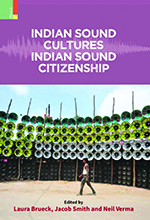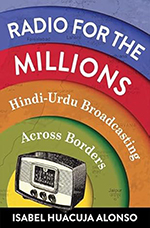The range of books on music reviewed brings into question the category of music itself, for it is difficult to define music in singular ways. Grappling the plurality of music has generated a range of approaches. The hermetic field of musicology has had to shed its exclusivity. Gone are the days when it was thought that the proper study of music and music criticism should address classical music only.
Editorial





































